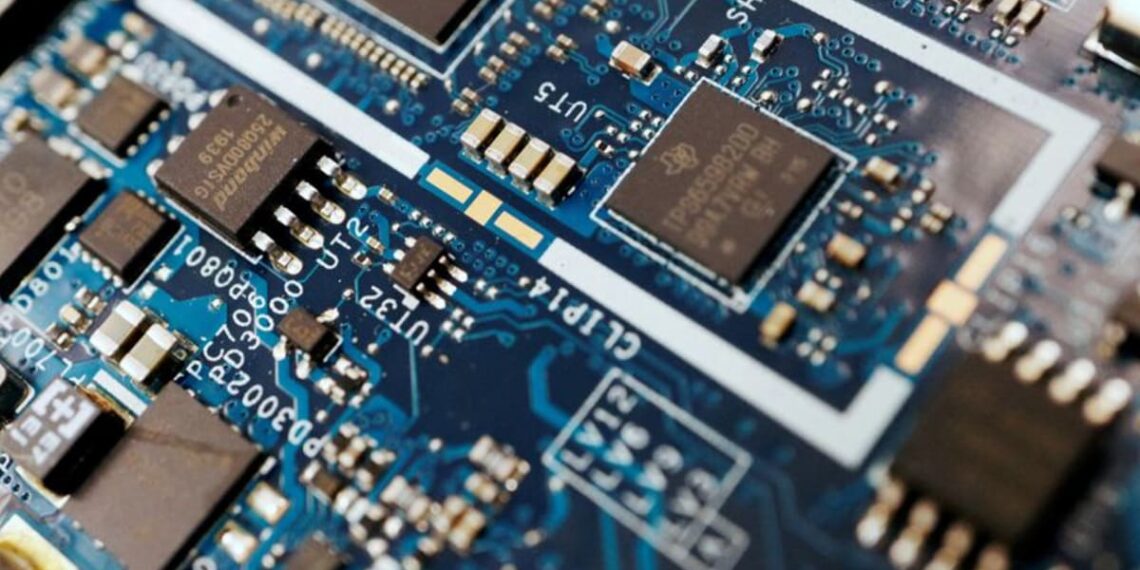No products in the basket.
Thailand’s BOI approved a joint venture for a chip factory by PTT and Hana Electronics, investing 11.5 billion baht ($350 million), with construction starting in two years.
Key Points
- Thailand’s Board of Investment (BOI) has approved a joint venture between PTT and Hana Electronics to construct a chip factory.
- The initial phase will require an investment of 11.5 billion baht (approximately $350 million).
- Construction is set to begin in two years, with the current exchange rate at $1 equaling 32.8900 baht.
On Monday, Thailand’s Board of Investment (BOI) announced the approval of a significant joint venture that will see state-owned energy company PTT collaborate with Hana Electronics to establish a semiconductor manufacturing facility. This development marks a crucial step in bolstering Thailand’s position in the high-tech sector, particularly as the global demand for semiconductor chips continues to escalate.
The initial phase of this ambitious project entails an investment of 11.5 billion baht, equivalent to approximately $350 million. The BOI indicated that the construction of the chip factory is set to commence within the next two years, positioning the venture as a timely response to the growing needs of various industries relying on advanced semiconductor technology.
The factory is expected to take approximately two years to build and install machinery, and production is scheduled to commence in the first quarter of 2027. FT1 will benefit from technology transfer from a leading South Korean chip manufacturer to produce 6-inch and 8-inch silicon carbide (SiC) wafers.
This collaborative effort is indicative of Thailand’s strategic initiatives aimed at diversifying its economic landscape and enhancing its competitiveness in cutting-edge industries. With PTT’s extensive experience in energy and sustainability, paired with Hana Electronics’ expertise in electronics manufacturing, the joint venture is expected to leverage each company’s strengths, thus facilitating innovation and production efficiency in semiconductor development.
Overall, the establishment of this chip factory not only underlines the importance of semiconductor technology in contemporary economies but also reflects Thailand’s proactive approach to attracting foreign investment and fostering industrial growth. As global supply chains adapt and evolve in response to technological advancements and market demands, this investment is poised to contribute significantly to Thailand’s economy, potentially positioning the nation as a key player in the regional semiconductor landscape.
Discover more from Thailand Business News
Subscribe to get the latest posts sent to your email.














